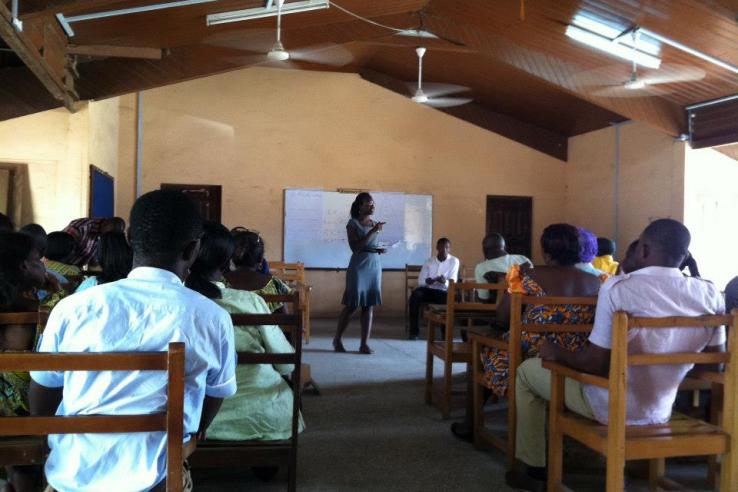Browse news articles about J-PAL and our affiliated professors, and read our press releases and monthly global and research newsletters. For media inquiries, please email us.
Error message
- User warning: Trying to overwrite a cache redirect for "entity_view:block:jpal_branding:[languages:language_interface]=ar:[theme]=jpal:[user.permissions]=c16a756118b4c6c4b0dfdc4c8da75aa8bf5904f46b83aea1bfccbaab9625754c" with one that has nothing in common, old one at address "languages:language_interface, theme, user.permissions" was pointing to "url.query_args:lang", new one points to "languages:language_url". in Drupal\Core\Cache\VariationCache->set() (line 144 of core/lib/Drupal/Core/Cache/VariationCache.php).
- User warning: Trying to overwrite a cache redirect for "entity_view:block:utilitymenu:[languages:language_interface]=ar:[route.menu_active_trails:utility-menu]=menu_trail.utility-menu|:[theme]=jpal:[user.permissions]=c16a756118b4c6c4b0dfdc4c8da75aa8bf5904f46b83aea1bfccbaab9625754c" with one that has nothing in common, old one at address "languages:language_interface, route.menu_active_trails:utility-menu, theme, user.permissions" was pointing to "url.query_args:lang", new one points to "languages:language_url". in Drupal\Core\Cache\VariationCache->set() (line 144 of core/lib/Drupal/Core/Cache/VariationCache.php).
- User warning: Trying to overwrite a cache redirect for "entity_view:block:quicklinks:[languages:language_interface]=ar:[route.menu_active_trails:quick-links]=menu_trail.quick-links|:[theme]=jpal:[user.permissions]=c16a756118b4c6c4b0dfdc4c8da75aa8bf5904f46b83aea1bfccbaab9625754c" with one that has nothing in common, old one at address "languages:language_interface, route.menu_active_trails:quick-links, theme, user.permissions" was pointing to "url.query_args:lang", new one points to "languages:language_url". in Drupal\Core\Cache\VariationCache->set() (line 144 of core/lib/Drupal/Core/Cache/VariationCache.php).
- User warning: Trying to overwrite a cache redirect for "entity_view:block:footerlogoblock:[languages:language_interface]=ar:[theme]=jpal:[user.permissions]=c16a756118b4c6c4b0dfdc4c8da75aa8bf5904f46b83aea1bfccbaab9625754c" with one that has nothing in common, old one at address "languages:language_interface, theme, user.permissions" was pointing to "url.query_args:lang", new one points to "languages:language_url". in Drupal\Core\Cache\VariationCache->set() (line 144 of core/lib/Drupal/Core/Cache/VariationCache.php).







